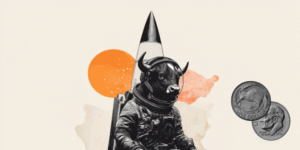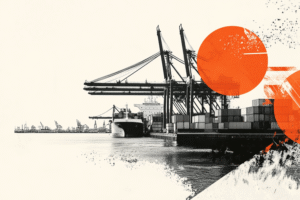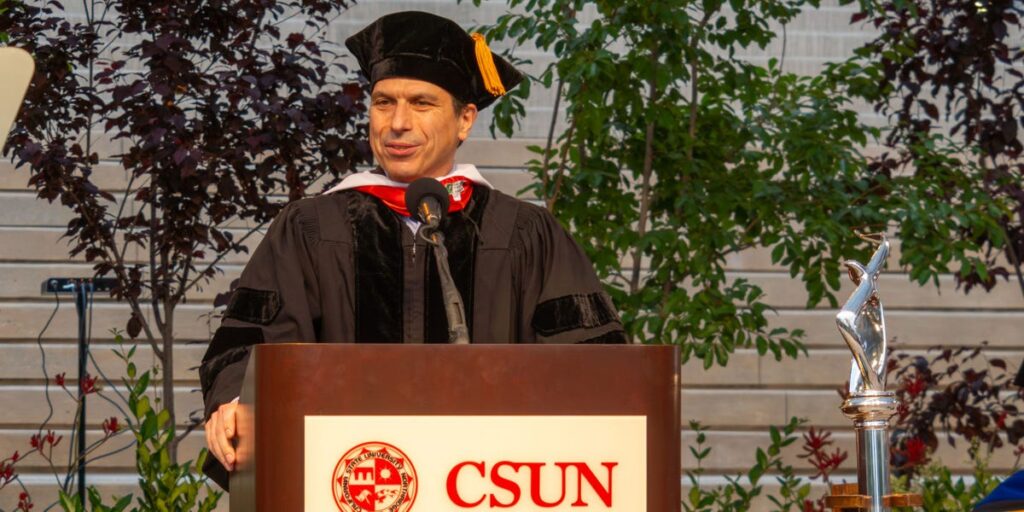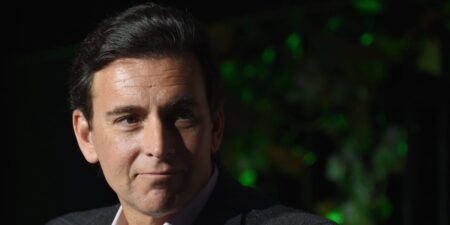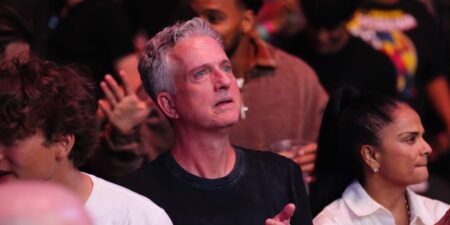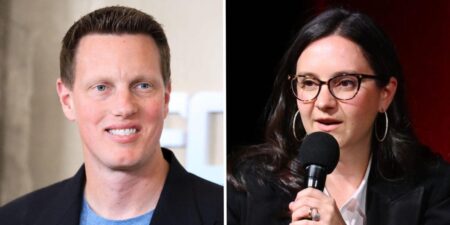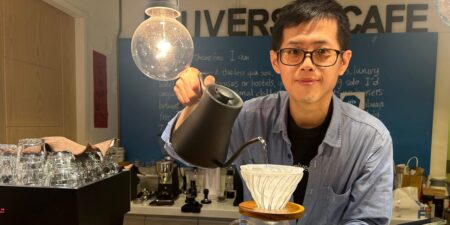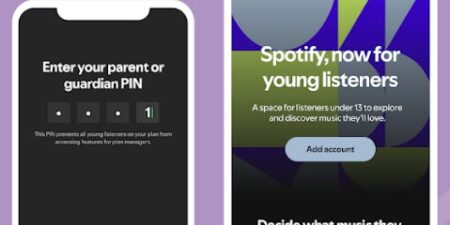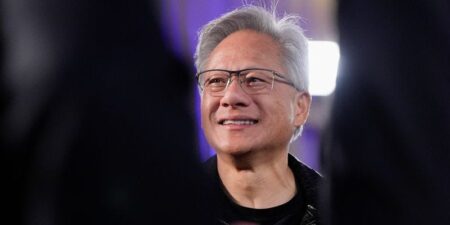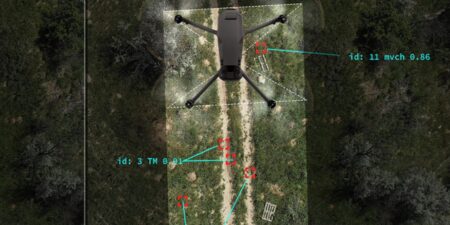At 17, Andrew Anagnost — who is now the CEO of Autodesk — was on probation and using drugs to self-medicate.
“I never saw myself as a CEO,” Anagnost told Business Insider, adding that there was nothing in his background that “preordained anything that was interesting.”
He said he likely had undiagnosed ADHD and once high school came around, he “went off the rails.” Anagnost said he was expelled from school and was dealing with anxiety and the “storm” in his head.
He said life didn’t turn around for him until he hit “rock bottom.”
“I got involved in a high-speed chase with a police car, and ran into a telephone poll, and came very close to killing the passenger in the car,” Anagnost said. “It was a blow.”
Flash forward about a decade and Anagnost was wrapping up his Ph.D. in aeronautical engineering and computer science at Stanford. While he followed a more traditional path after grad school, turning around his life after the accident wasn’t easy, he said.
The advice that he remembered
Anagnost said the car crash was a turning point in his life that made him realize how serious things had become.
In that moment, he looked back at what people had told him over the years. One of the comments that stuck out was when a teacher said “you can ruin your life all you want, but I’m not going to let you ruin the lives of the people in this classroom.” At the time, Anagnost said he didn’t think much of it.
“This teacher’s voice came back to me the night that I crashed the car,” Anagnost said.
The CEO said that following his accident, remembering his teacher’s words helped him find more productive ways to manage the “storm” in his head. It also made him realize that the most important people in life are the ones who tell you what you need to hear, not what you want to hear.
Anagnost said he stopped self-medicating in his late teens, and that since hitting rock bottom, he’s been focused on telling people what they need to hear, and delivering it in a way that they can listen to it.
“The people that tell you what you want to hear — they don’t actually make a difference in your life. They may make you feel good in the moment, but they’re not transformative,” Anagnost said.
Anagnost said he took that learning and applied it to the business world by remembering that he never knows where he’ll find “the next great idea.” Sometimes, the people you think are going to bring it are the least creative people, he said.
“Feedback is a gift,” Anagnost said. “It’s not just a cliché. And so many people in the working world are unwilling or unable to give tough feedback.”
His advice to others
Anagnost said that while a lot of people suggest following your passion, it’s more important to follow your impact.
“When we feel like we’re doing something, and the work we’re doing is meaningful and reflecting back some kind of meaningful outcome, we feel a sense of passion for that work,” Anagnost said.
He said figuring out where you have impact is a “really important part of your life journey,” and one that requires experimentation. The CEO said if he could go back in time and talk to his younger self, he’d tell himself to “look for the truth in every piece of criticism.”
“Don’t take it all in. It’ll crush you. But always look for the truth in it,” Anagnost said. “Learn from that truth and grow from that truth, and then apply that truth in a courageous way to risks and things that make you uncomfortable.”
Anagnost said people should strive to “do that aggressively,” early in life so that they have the skills to adapt to new situations when they’re older.
Read the full article here




